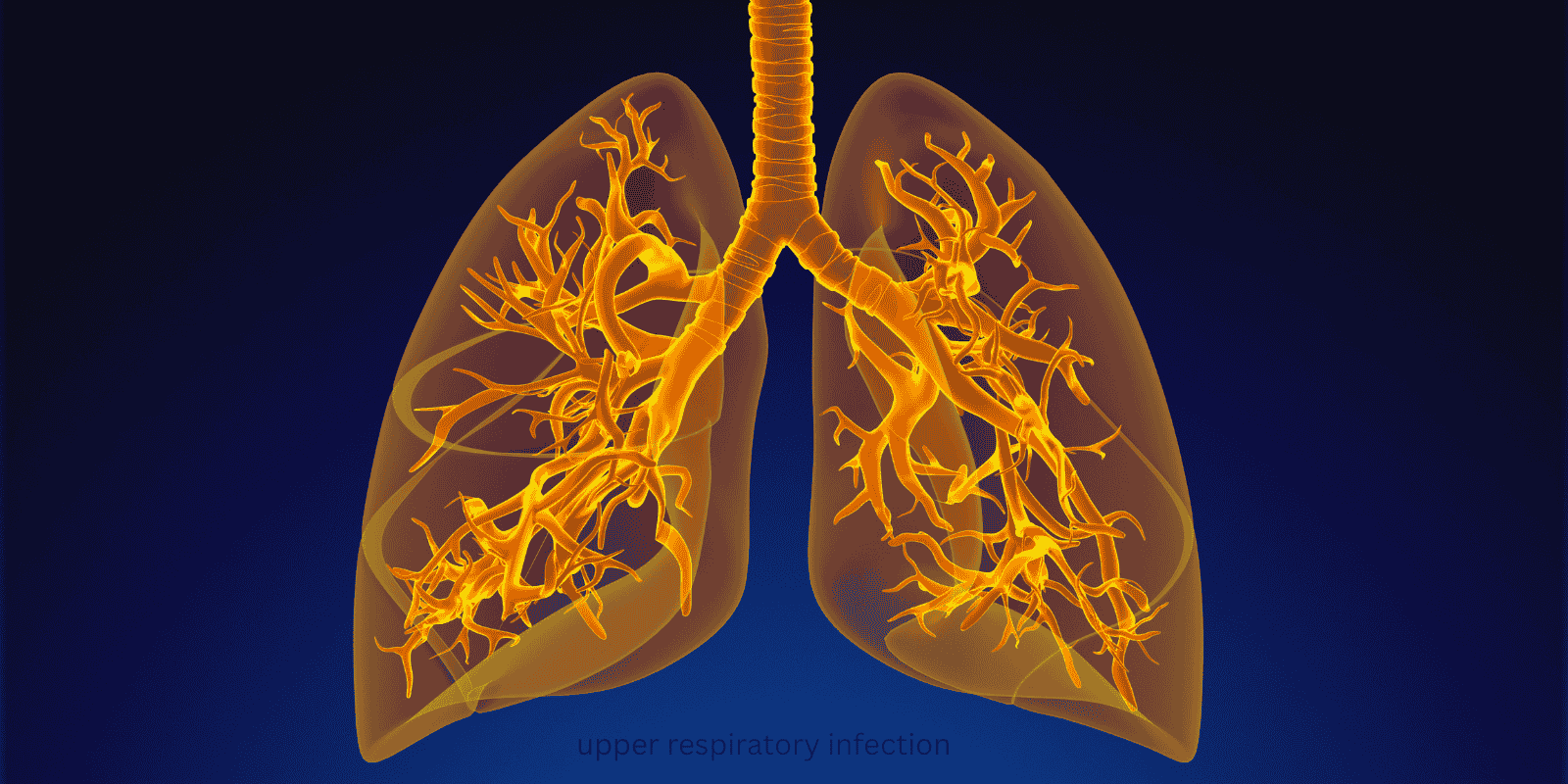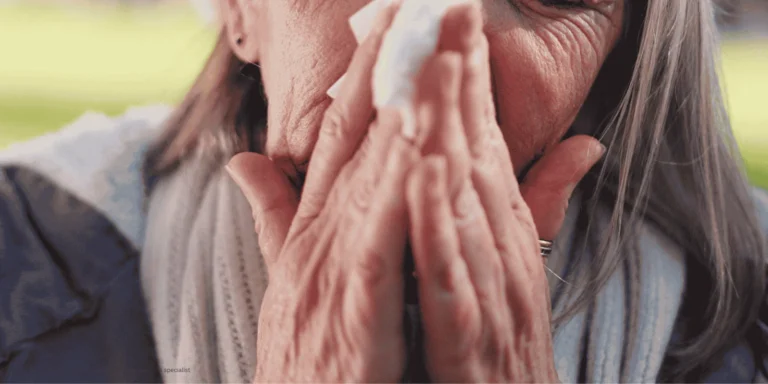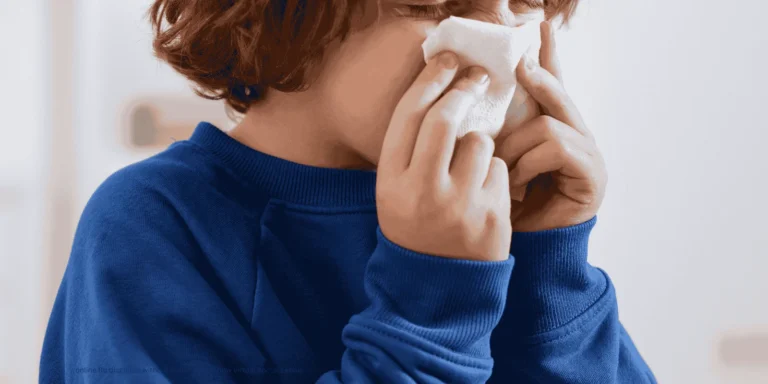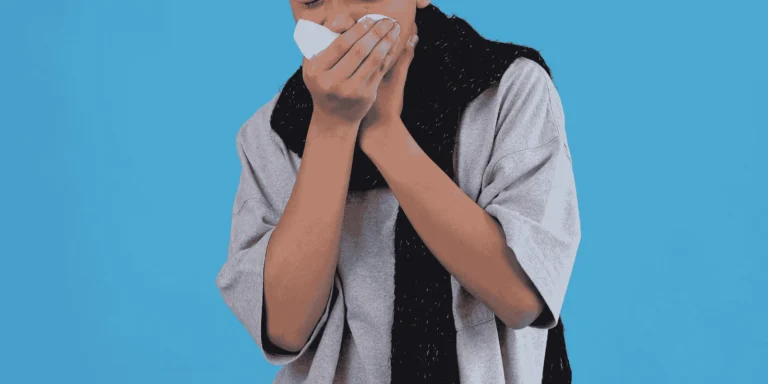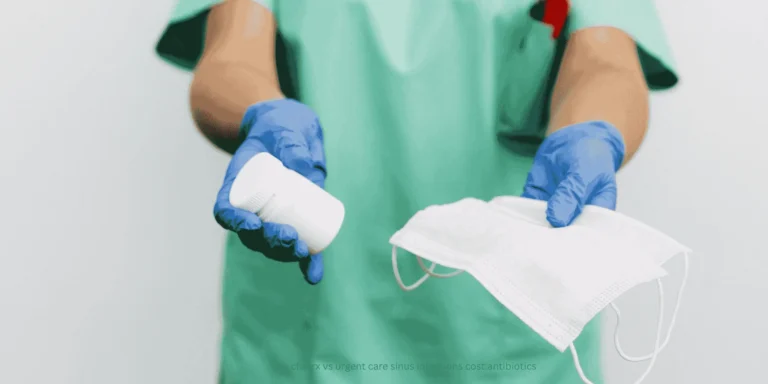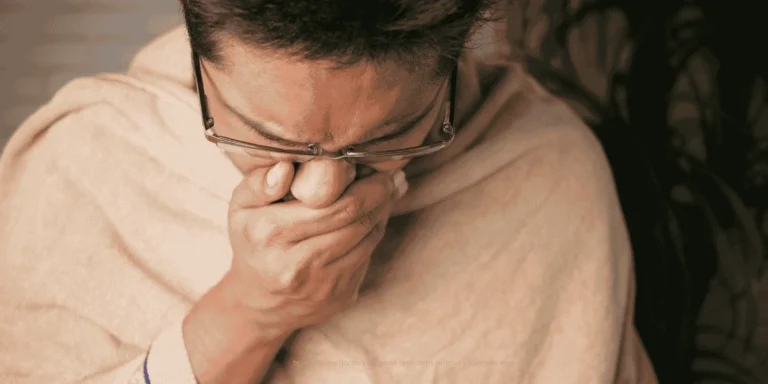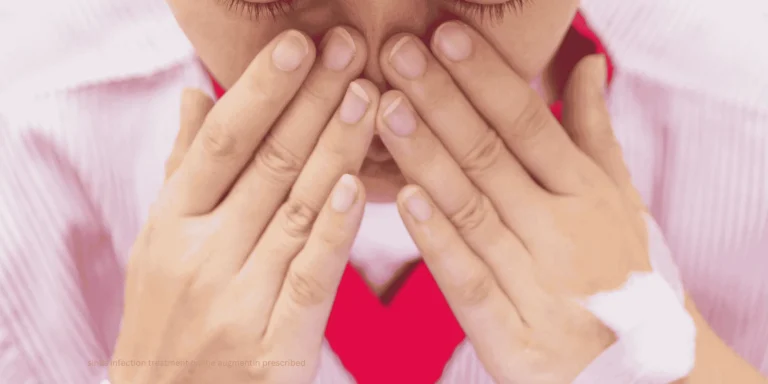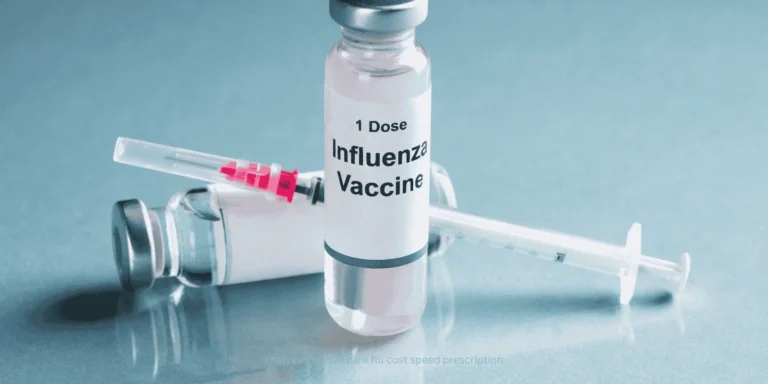Upper respiratory infections typically last 7-10 days for most people, though some symptoms like cough can persist for several weeks after other symptoms resolve. Duration varies based on the specific virus, your immune system, and overall health status.
Typical timeline for viral URIs: Days 1-2: Initial symptoms develop including mild throat irritation, nasal congestion, and fatigue. Symptoms are often mistaken for allergies or dismissed as minor.
Days 3-4: Peak symptom development with worsening congestion, cough, sore throat, and possible low-grade fever.
Days 5-7: Symptom plateau where most symptoms reach their worst before beginning to improve.
Days 8-10: Gradual improvement in most symptoms, though cough and mild congestion may persist.
Weeks 2-4: Lingering cough is common and normal as airways remain sensitive after infection clears.
Factors affecting duration: Age influences recovery time. Young, healthy adults typically recover within 7-10 days, while children and elderly individuals may take 10-14 days or longer.
Overall health status significantly impacts duration. People with asthma, COPD, or other chronic conditions often experience prolonged symptoms.
Immune system function affects how quickly your body clears the infection. Stress, poor sleep, and inadequate nutrition can extend illness duration.
Smoking substantially delays healing and increases the risk of complications that prolong symptoms.
Specific virus type matters. Some viruses like rhinovirus typically cause milder, shorter illnesses, while others may cause more prolonged symptoms.
When URIs last longer than expected: Bacterial superinfection can develop when viral infection weakens immune defenses, leading to sinusitis, bronchitis, or pneumonia that extends illness duration.
Asthma flares triggered by viral infections may cause prolonged cough and breathing difficulties lasting weeks.
Post-viral cough can persist 4-6 weeks after other symptoms resolve due to ongoing airway sensitivity and inflammation.
Warning signs requiring medical attention: Symptoms worsening after initial improvement may indicate bacterial complications requiring antibiotic treatment.
High fever (103°F or above) or fever returning after initial resolution suggests possible bacterial infection.
Severe or worsening shortness of breath indicates potential pneumonia or other serious complications.
Persistent symptoms beyond 3 weeks warrant evaluation for underlying conditions or complications.
Supporting faster recovery: Adequate rest allows your immune system to focus energy on fighting infection.
Proper hydration helps thin mucus secretions and supports immune function.
Humidified air from steam showers or humidifiers can ease congestion and cough.
Avoiding irritants like smoke and strong fumes prevents additional airway irritation.
Realistic expectations: Most viral URIs must run their course regardless of treatment. Medications can manage symptoms but don’t significantly shorten illness duration.
If your upper respiratory symptoms have lasted longer than 10 days or worsened after initial improvement, ChatRx can help evaluate whether you might have developed a bacterial infection requiring antibiotic treatment.

